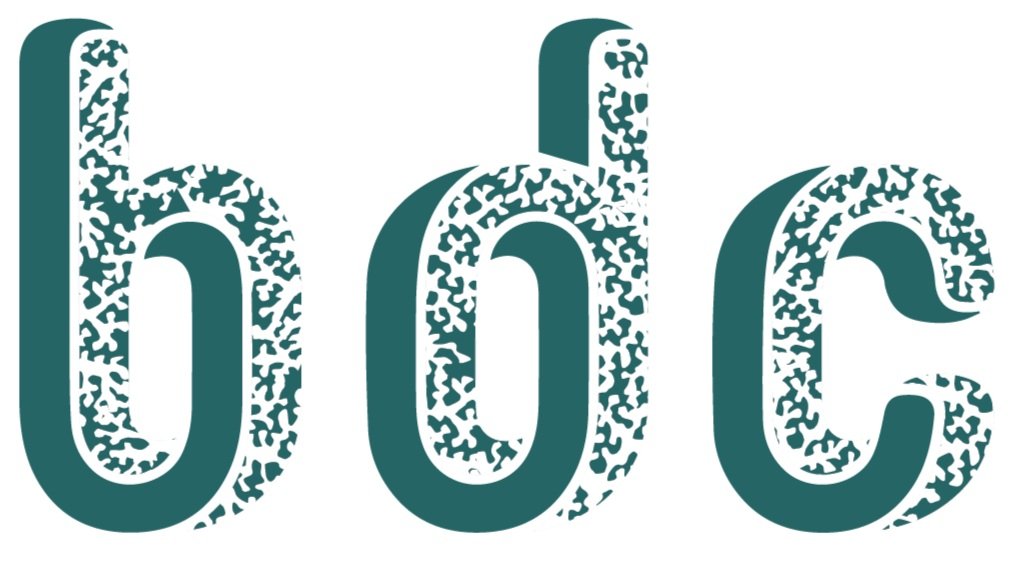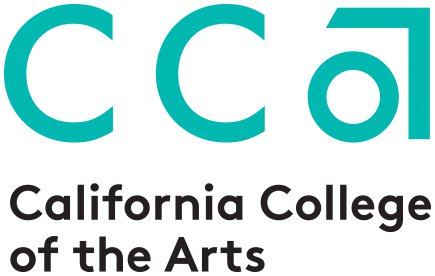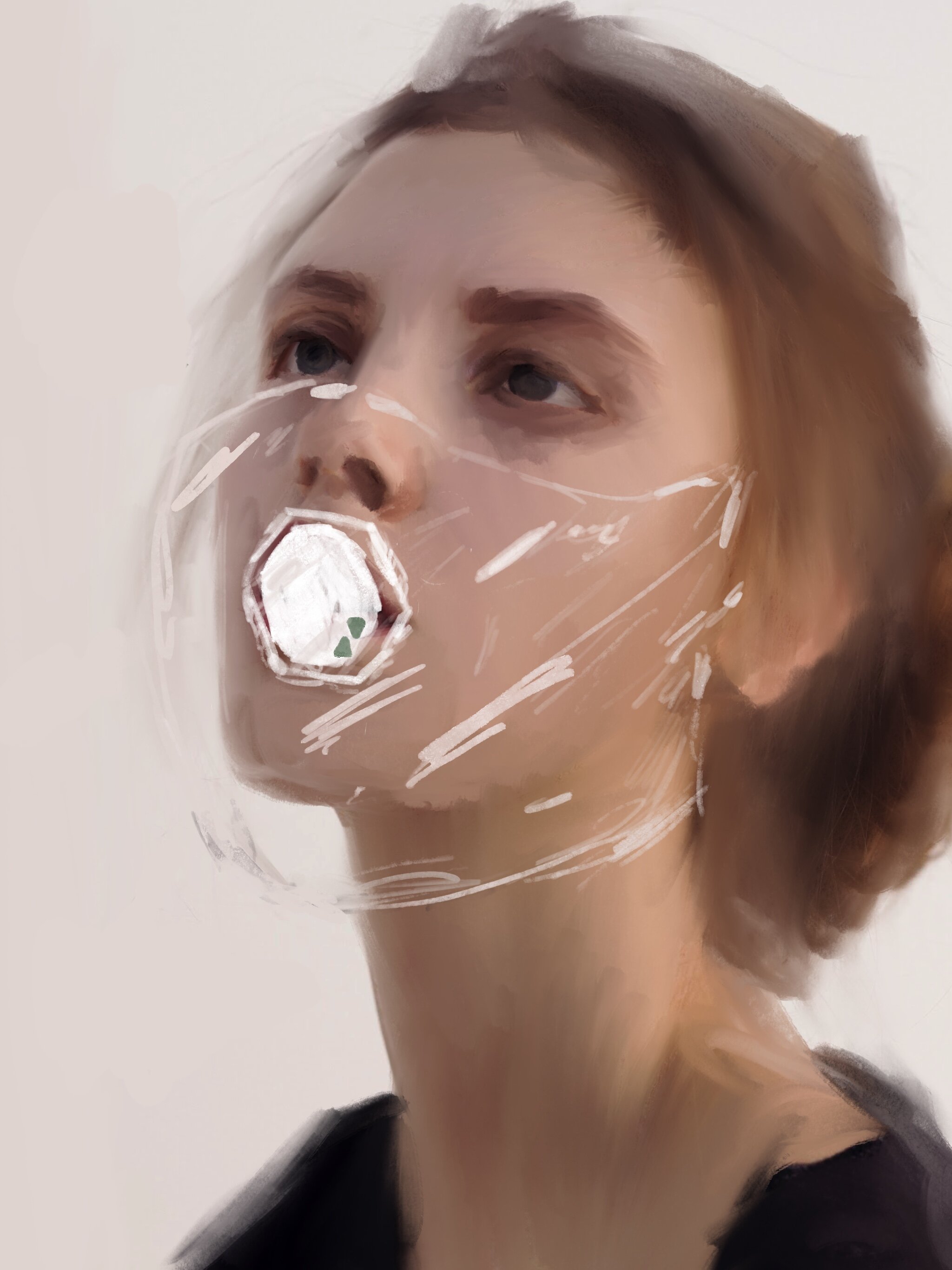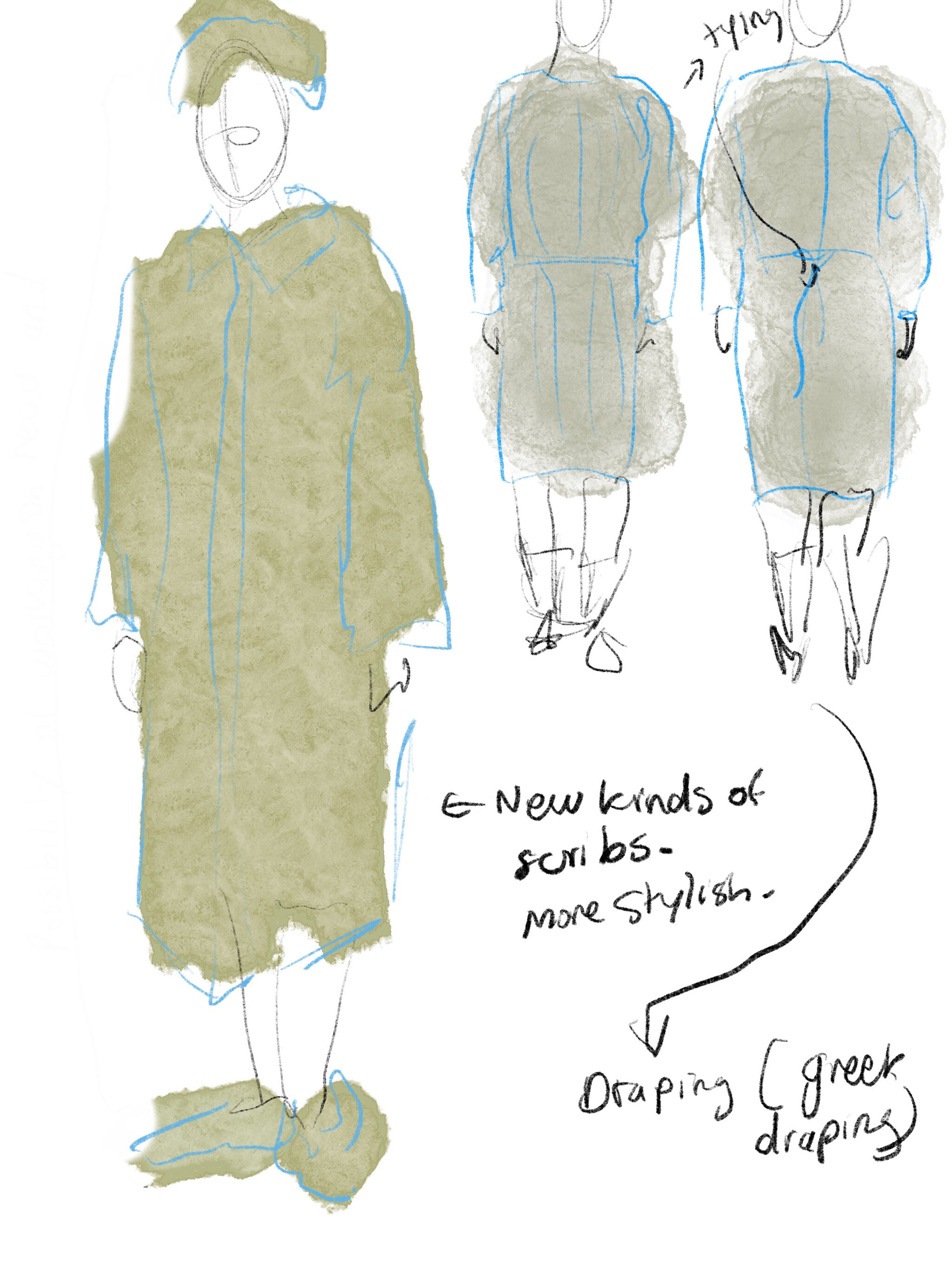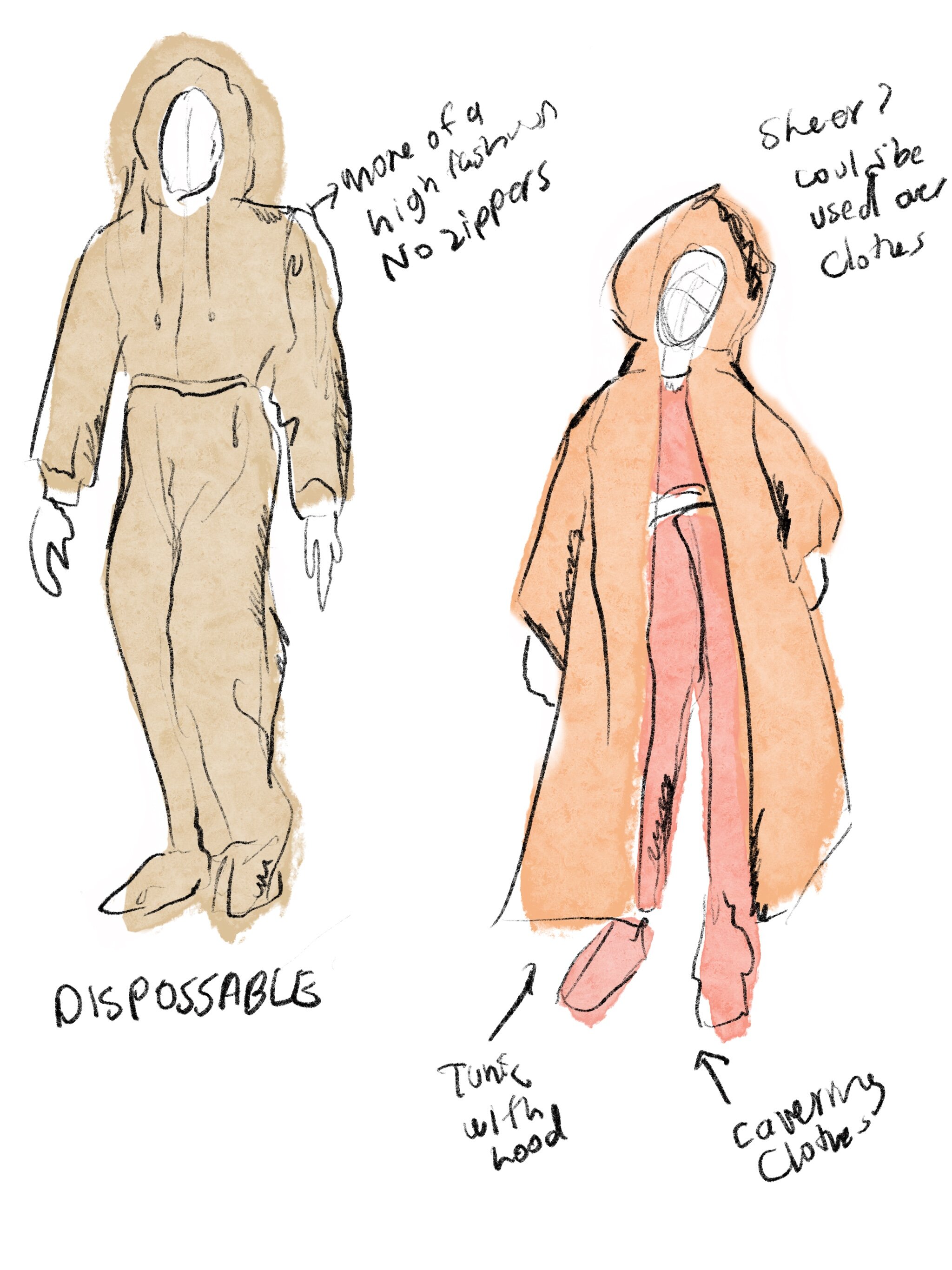California College of the Arts
PROJECTS | 2020
Algae Filters for Reusable Masks
CAMILA WANDEMBERG
In response to the limited availability of personal protective equipment in Ecuador, the designer developed a method for making low-cost but effective Covid masks at home using algae as a filter.
Finalist Team + Top 6 Team + Runner Up

instructors
For nearly a decade, Michael Bogan has created and run biological design courses that joined students at CCA with grads and postdocs at Stanford Biology who helped students manipulate life for an artistic or design end of their own choosing. Michael’s exploration began with bio-luminescent cells and has branched out to include explicitly experimental design methodology; collaboration with living, non-human, designers; diagramming and abstraction of bio-patterns with a focus on the mechanisms of their generation; algorithmic imitation of bio-patterns; and live works of art/design. Michael also practices and teaches architecture at Berkeley and CCA. Prior to this, he was the HIV Rights Advocate for San Francisco. He holds advanced degrees from Berkeley, the London School of Economics, and Columbia.
Anthony Murray has been in the garment industry for almost 20 years. His interest in biodesign is informed by his experience collaborating with Janine Benyus of the Biomimicry Institute and work he did at Levi Strauss & Co where he was a key proponent of championing a cradle-to-cradle model. At Levi's, Anthony was a partner on the team that created the WellThread product line, which won an Edison award the year it launched. WellThread combined a cradle-to-cradle product integrity along with a social element that addressed workers rights and needs, and the infrastructure that supports garment manufacturing. Currently, Anthony is working on his own brand, Of the Clay, which is manufactured in the Bay Area. He will also be teaching an intensive course in CLO3D at CCA, a 3D modeling software specifically for apparel design.
Advisors
Juan P. Hinestroza is a tenured Associate Professor of Fiber Science and directs The Textiles Nanotechnology Laboratory at the College of Human Ecology of Cornell University in Ithaca, NY. He obtained a Ph.D. from the Department of Chemical and Biomolecular Engineering at Tulane University and B.Sc. in Chemical Engineering from Universidad Industrial de Santander. Prior to pursuing doctoral studies, Juan worked as a process control engineer for The Dow Chemical Company, he is the co-founder of 3 start-up companies, and has served as consultant to major Fortune 50 corporations in the field of smart and interactive textiles and fibers.
Amy Karle’s mission is to positively impact others, raise consciousness and contribute to social, political, and technical development by making and sharing her work. As an artist and designer, Karle is also a provocateur and a futurist, leveraging new technologies to create art that catalytically examines material and spiritual aspects of life and open minds to future visions of how technology could be utilized to unlock human potential.
Molly Morse is co-founder and Chief Executive Officer of Mango Materials. Molly’s love for the environment and her determination to rid the world of polluting plastics dates all the way back to elementary school, where an exhibit at the Monterey Bay Aquarium devoted to the challenges of clam-shell packaging set off a life-long quest. Molly studied Civil and Environmental Engineering at Cornell University before moving back to California to pursue her Ph.D. from Stanford University. Molly was inspired to start Mango Materials based off her (and co-founder Allison Pieja’s) Ph.D. research at Stanford.
Jen Keane is a designer and creative researcher working in between the disciplines of design and science, technology and craft. Inspired by notions of sustainability, and fascinated with new digital and biological tools, Jen is exploring how these technologies could be employed to design a new generation of hybrid materials, and perhaps change our approach to making altogether. She is currently a creative resident at Bolt Threads.
Rachel Haurwitz is a co-founder of Caribou Biosciences and has been President and CEO since its inception in 2011. She has a research background in CRISPR-Cas biology, and is also a co-founder of Intellia Therapeutics. Rachel is an inventor on several patents and patent applications covering multiple CRISPR-based technologies, and she has co-authored scientific papers in high impact journals characterizing CRISPR-Cas systems. Rachel earned an A.B. in Biological Sciences from Harvard College, and received a Ph.D. in Molecular and Cell Biology from the University of California, Berkeley.
